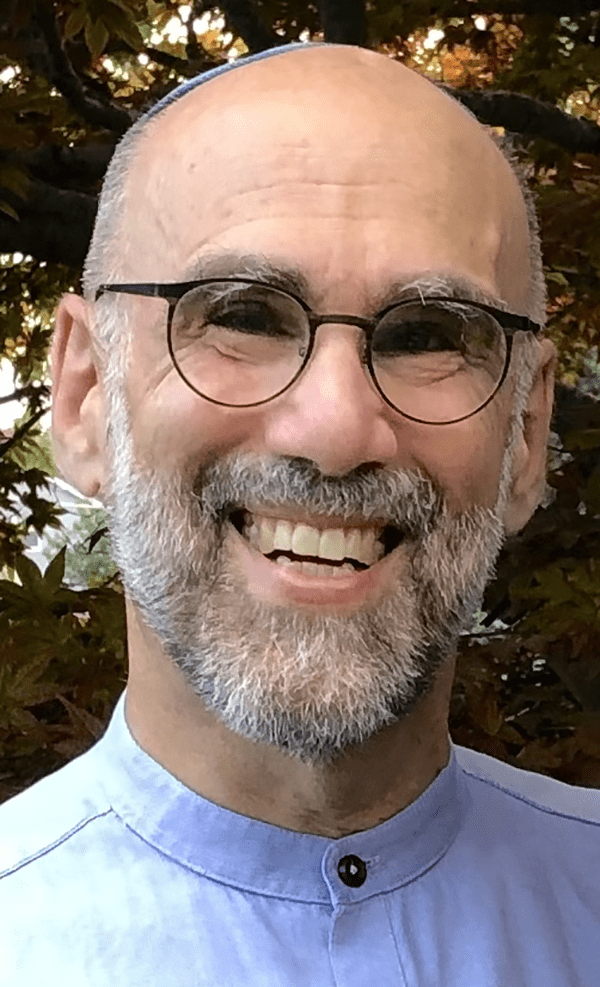Torah Specialist!
My recent posts... Torah specials! As do all blessings, the bracha we recite before learning sacred text or topics begins with praise of Adonai our God. We then offer thanks for the opportunity to engage with words or teachings of Torah: la’asok b’divrei Torah, a text...
Words / yom ha’atzma’ut
Like so many other commentators — ancient to modern — Rabbi Lord Jonathan Sacks elaborates on the construct of tzara’at, an unidentified skin ailment, as recompense for evil speech, lashon hara. Long-ago rabbinic wordplay connected tzara’at to words, speech, that can be hurtful. Aside from a clever acronymic derivation, why would the sages have focused on speech?
Makin’ Matza!
My recent posts...
Selling Chametz
Even if you don’t keep a kosher kitchen, and/or you don’t “convert” your kitchen for Pesach, there is still spiritual value in selling your chametz: You are engaging with myriad Jews worldwide in a practice that can be traced back to Torah and, if you include a donations to “ma’ot chitin,” you are enabling those in need to more fully celebrate Pesach.
Yom Kippur Singing
Over the decades, I have composed melodies for some of the texts we use in our prayer services. (I’ve written English interpretations of the texts for a few of them.)
Some of them are posted here so we can sing them together at Shirat Hayam and, even if not used there, simply for your listening pleasure. More tunes (and another CD of original songs) will be available in later autumn 2025 on a CD and for digital download at www.jonathankremer.com.
harofei
ki hinei kachomer
ya'ale
harofei: Joe Handler, piano; Jodi Handler, vocal.
ki hinei kachomer: Ken Ulansey, sax
ya’ale: Susan Davenport-Elsayed, violin
All melodies and English texts ©Jonathan Kremer. Bery Happy Music/ASCAP.


